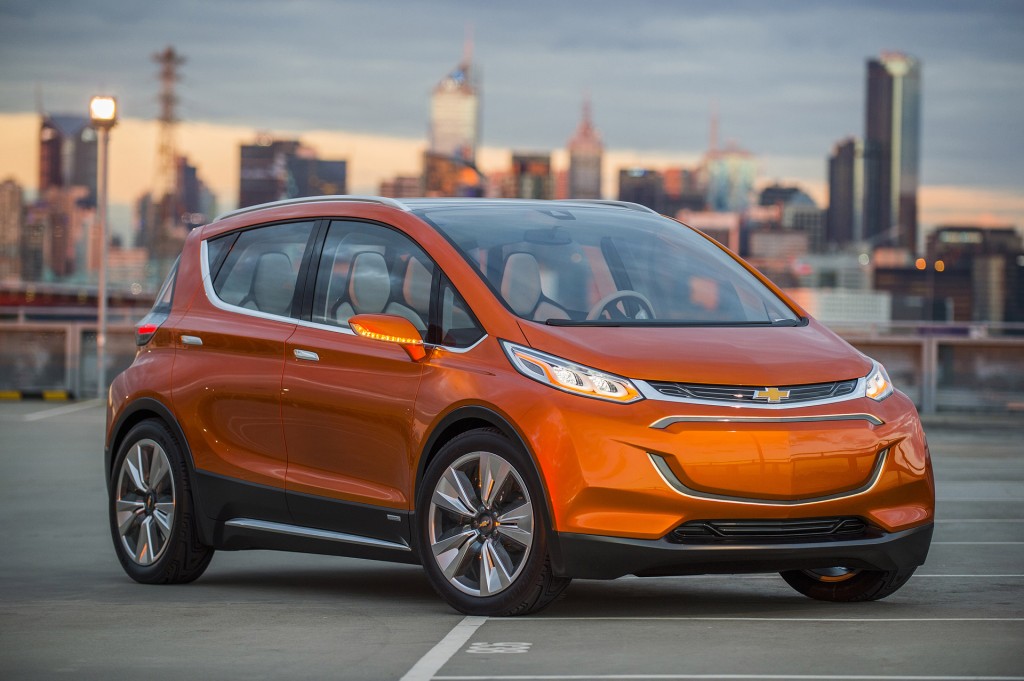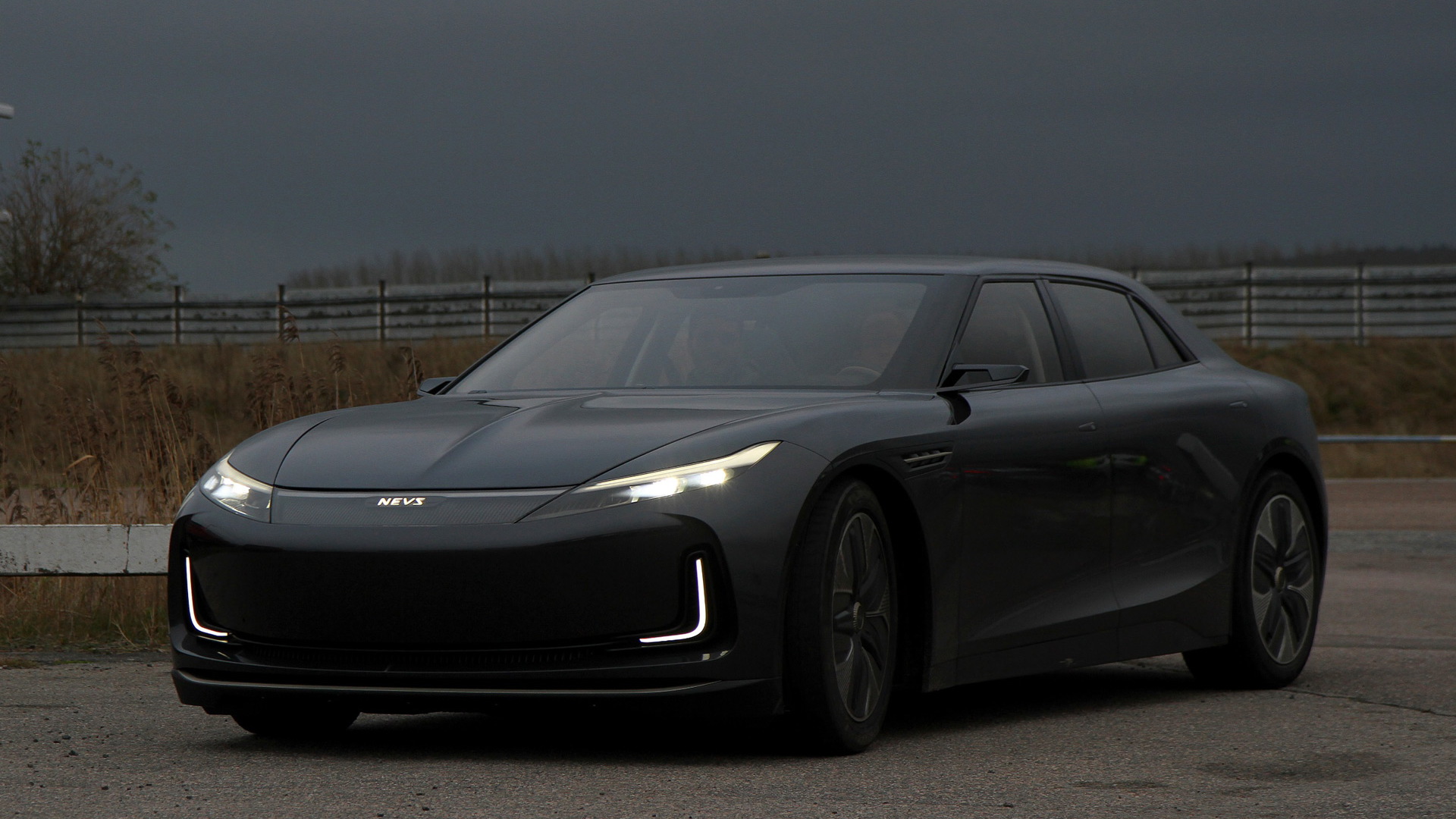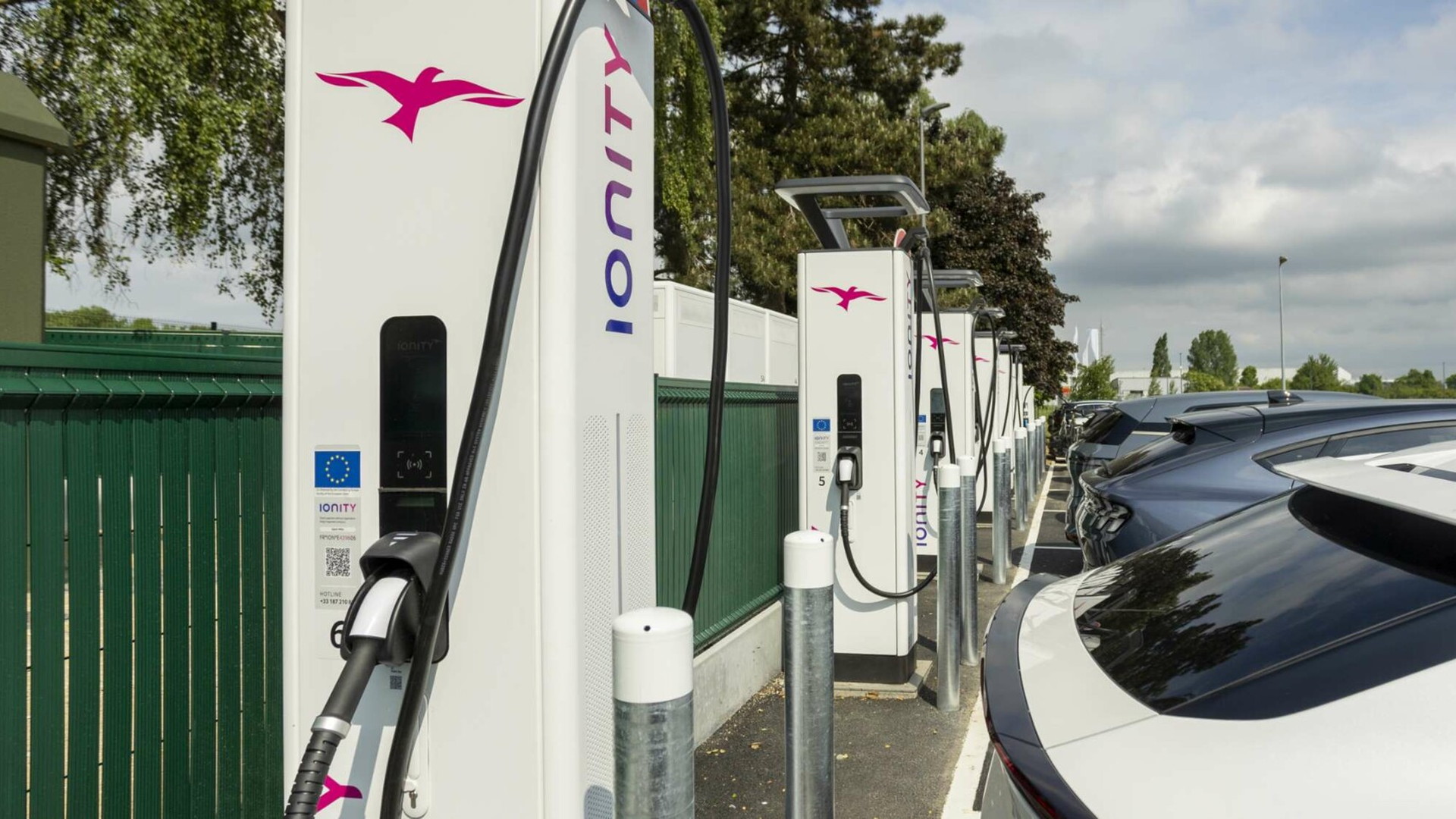We spend more time than we probably should in grumbling at media coverage of plug-in electric cars.
Journalists try to get it right, in general, but often the specific and complex issues around electric cars, who buys them, and how they're really used get lost or ignored in general reporting.
At one reader's suggestion, then, here are the five myths about electric cars we see most often.
U.S. Gasoline Price vs Sales of Plug-In Vehicles, Dec 2010-Nov 2014 [source: Plug-In America]![U.S. Gasoline Price vs Sales of Plug-In Vehicles, Dec 2010-Nov 2014 [source: Plug-In America] U.S. Gasoline Price vs Sales of Plug-In Vehicles, Dec 2010-Nov 2014 [source: Plug-In America]](https://images.hgmsites.net/lrg/u-s-gasoline-price-vs-sales-of-plug-in-vehicles-dec-2010-nov-2014-source-plug-in-america_100498628_l.jpg)
(1) Gas prices will hurt or kill sales of plug-in electric cars
It's possible that this will happen, but as of yet, there'll little data to suggest that.
And the data from a four-year study by Plug-In America of gas price fluctuations versus sales of plug-in cars shows gasoline costs bouncing around while electric-vehicle sales rise more or less consistently.
DON'T MISS: Gas Prices Don't Affect Electric-Car Sales: Finally The Word Gets Out
The recent, sharp, sudden dip in gas prices might have a different effect--although consumers largely don't trust that prices will stay low.
And, indeed, in California, gas prices have recently risen by up to a dollar a gallon from their lows last fall.
Mark this one mythical, although potentially true if there turns out to be data.

Chevrolet Bolt EV concept, 2015 Detroit Auto Show
(2) The 200-mile 2017 Chevrolet Bolt will compete with Tesla
There may be some overlap, but a sexy five-seat mid-size luxury sport sedan priced from $70,000 to $130,000 rarely competes with subcompact hatchbacks.
The powertrain may put them in the same consideration set among some buyers, granted.
But we think the Bolt will do much more to expand the market than to hurt Tesla. And that's pretty much what Tesla CEO Elon Musk has said, at various points.
His comments boil down to the old adage, "A rising tide (of electric cars) lifts all boats (among their makers)."
ALSO SEE: Public Charging: Not As Important For Electric Cars As People Think?
(3) Without widespread public charging infrastructure, electric cars are doomed
This is another myth that pretty much refuses to die, despite recent studies suggesting that charging at home--and, crucially, at work--are by far the most important locations.
You can prove this one by asking electric-car owners when the last time they used a public charging station.
Some use them regularly, but our sense after talking to dozens (if not hundreds) is that many of them are quite content to charge overnight, and maybe at work.
We'd love to see additional data on this, but given that most Chevy Volt owners still just use their 120-Volt charging cables--not even a Level 2 charging station--in their garages, we sense it's just not that much of an issue.

2011 Nissan Leaf electric car during IIHS crash testing
(4) Plug-in vehicles are unsafe, and their batteries will fail in only a couple of years
Two in one here.
As for safety, automakers have largely received good crash-safety ratings for the electric cars that have been tested by the National Highway Traffic Safety Administration (NHTSA) and the Insurance Institute for Highway Safety (IIHS).
We'll be curious to see how the BMW i3, with its carbon-fiber reinforced plastic body, fares in those tests as the first of its kind.
As for battery durability, there have been a small handful of Nissan Leafs in extremely hot climates that have lost capacity more rapidly than expected.
MORE: Plug-In Electric Car Sales Continue Rise In 2014, To 118,500
The vast majority have not, and Nissan says a new battery chemistry vastly increases the hot-weather durability of current Leafs.
And every manufacturer warranties its battery pack against failure for either eight or 10 years, depending on what state the car is sold in.

Gas pump
(5) Electric car sales are a failure because they haven't overtaken gas cars
RLY? This one we just laugh at.
It took technology advances like the automatic transmission, disc brakes, and fuel injection literally decades to arrive in a majority of the cars sold.
To think that electric-car sales would be half of a 16-million-unit U.S. market in less than five years is idiotic.
Or, put more charitably, it betrays an extreme lack of knowledge of the auto business.
[hat tip: Dave Tuttle]
_________________________________________________













